If you own an electric vehicle, one of the first questions you might ask is: which EV charger is best for home use? While public charging stations are an option, relying on them isn’t always convenient. Long wait times, high costs, and the hassle of finding an available charger can turn a quick top-up into a frustrating experience. Plus, public chargers aren’t always located where you need them, meaning extra detours and wasted time. Installing a home EV charging point puts you in control, allowing you to charge whenever it suits you—without extra stops or unexpected delays. Even better, many energy providers offer lower rates for overnight charging, helping you cut down on costs while keeping your car powered up.
Table of Contents
ToggleWith the best home EV charger, your car is always ready when you are. Instead of stressing about where and when to charge, you can simply plug in before bed and wake up to a full battery every morning. This not only saves time but also extends the lifespan of your car’s battery by allowing for steady, controlled charging. Whether you’re commuting to work, running errands, or planning a weekend getaway, having a home EV charging point makes life easier. No more last-minute dashes to the nearest station, no more waiting in line—just a fully charged car, ready to go whenever you are.
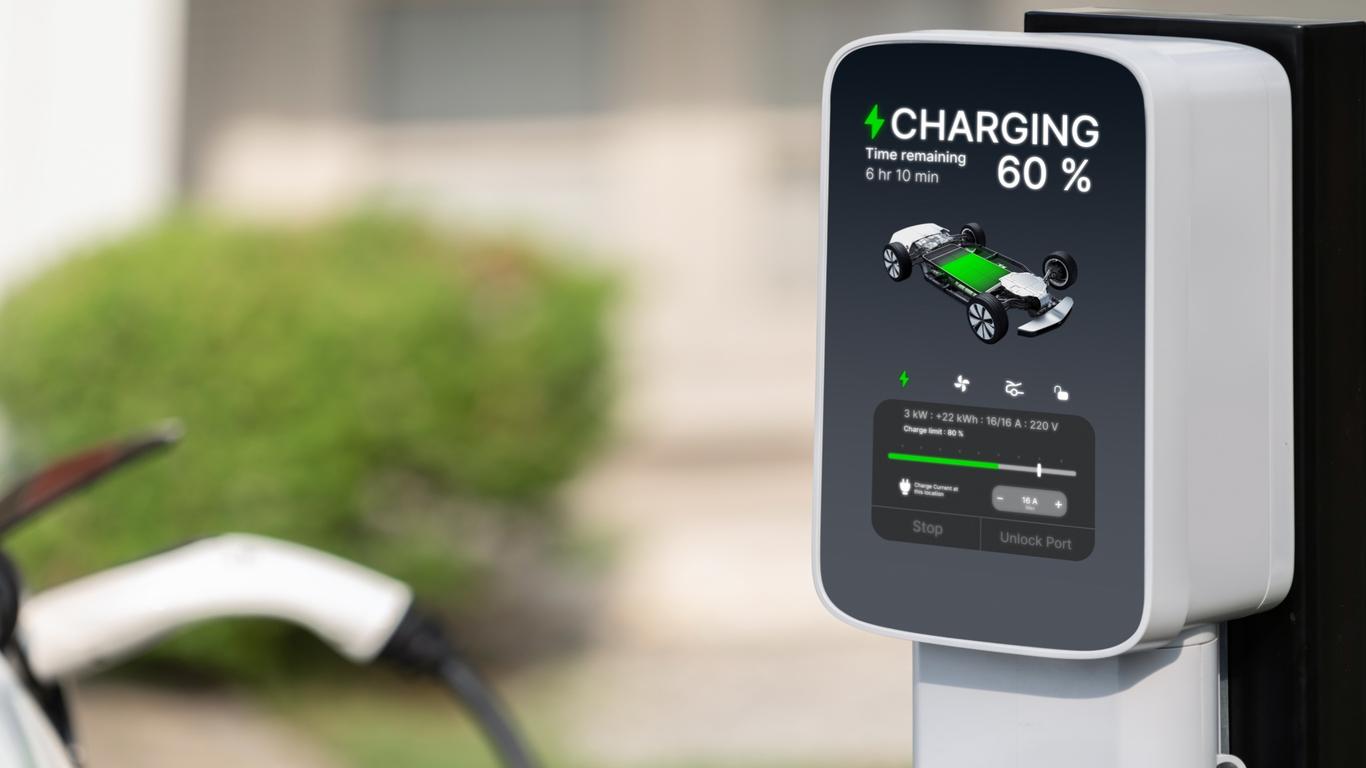
Which EV Charger is Best for Your Home? Key Factors to Consider
When choosing a home EV charging point, one of the first things to consider is charging speed. Most home chargers provide either 7.4kW or 22kW of power. A 7.4kW charger is the most common and works perfectly with standard home electrical systems, allowing you to fully charge your EV overnight. On the other hand, a 22kW charger can significantly cut charging time, but it requires a three-phase electrical supply, which many homes don’t have. Before deciding which option suits you, it’s worth checking your home’s electrical capacity and your car’s charging capabilities—since not all EVs can take full advantage of higher speeds.
Beyond speed, the best home EV charger should be compatible with your specific vehicle and daily driving habits. Smart features like scheduled charging, energy monitoring, and app control can make the process more efficient, helping you take advantage of lower electricity rates. You’ll also want to consider practical factors like weather resistance if your charger will be installed outdoors, cable length and management for easy access, and even solar panel integration if you’re looking to power your car with renewable energy. With the right charger, electric vehicle home charging becomes seamless, saving you both time and money in the long run.
What You Should Know About the Installation of EV Chargers
Once you’ve decided which EV charger is best for your home, the next step is installation. Unlike simply plugging into a regular socket, a home EV charging point requires professional installation by a certified electrician. This ensures the charger is safely connected to your electrical system and meets all necessary regulations. In some cases, modifications might be needed, such as upgrading your fuse box, installing a dedicated circuit, or even adjusting your home’s wiring to handle the extra load. While this may sound complex, a qualified installer will assess your home’s setup and take care of all the technical details, making the process as smooth as possible.
Beyond the technical side, there are practical factors to think about. Where should your charger be installed? Ideally, it should be placed somewhere easily accessible, like a driveway or garage, with enough cable length to reach your car comfortably. If you’re installing it outdoors, choosing a weatherproof model is a must. Cost is another consideration—installation prices can vary depending on your home’s electrical setup and the charger’s features. However, government grants or incentives may be available to help offset some of the expenses. With the right planning, setting up a best home EV charger is a one-time investment that brings long-term convenience and savings. Are you ready to get started? Now is the time to start planning your EV charger installation and make sure your setup is smooth, efficient, and perfectly suited to your home.
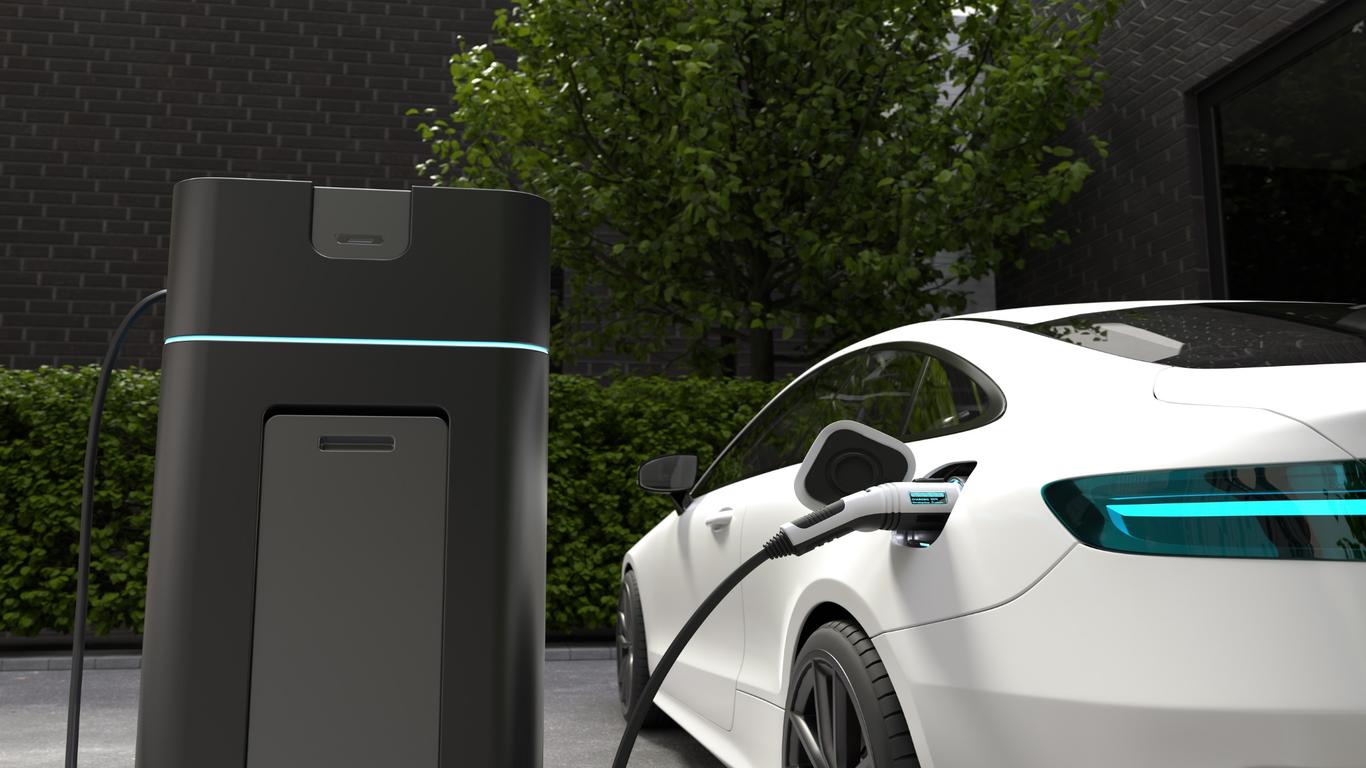
Electrical Installation: Is Your Home Ready?
Before installing a home EV charging point, it’s important to make sure your electrical system can handle the extra demand. Most homes are equipped to support a 7.4kW charger, but if your system is older or already powering multiple high-energy appliances, you may need an upgrade. Your fuse box (also known as a consumer unit) might require a larger circuit breaker, or in some cases, a full replacement to safely distribute power. If you’re considering a 22kW charger, you’ll need a three-phase electrical supply, which isn’t standard in most homes. That’s why checking your home’s electrical capacity is a crucial step before deciding which EV charger is best for home installation.
Fortunately, there are smart solutions that help prevent overloading your system. Load balancing technology ensures your EV charger doesn’t take more power than your home can handle, automatically adjusting the charging speed based on your household’s energy use. Some best home EV charger models also integrate with smart energy management systems, allowing you to schedule charging during off-peak hours when electricity demand is lower. Whether you have a brand-new electrical setup or an older system, there’s a solution to make electric vehicle home charging safe, efficient, and hassle-free. If you’re considering an upgrade, get in touch today for expert guidance on residential electric installation to make sure your home is ready for seamless, future-proof charging.
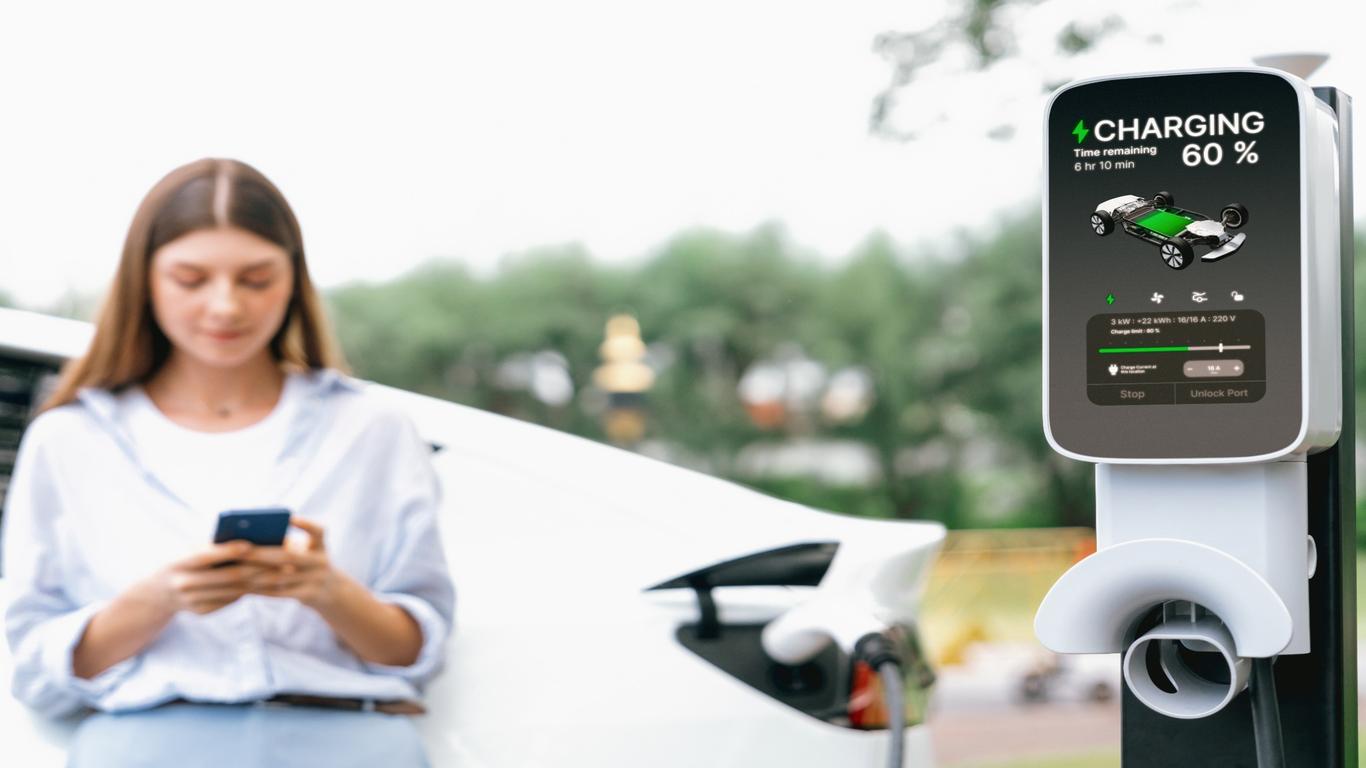
Which EV Car Charger is Best for Your Lifestyle?
When deciding which EV car charger is best for you, it’s important to think about how you use your car on a daily basis. One key choice is whether to go for a tethered or untethered charger. A tethered charger comes with a built-in cable, making it super convenient for quick plug-ins. This is great if you park your car in the same spot every time. On the other hand, an untethered charger allows you to use your own cable, offering more flexibility if you have multiple vehicles or different charging needs. Both types can be equally efficient, so choosing the right one boils down to what makes the most sense for your routine and parking situation.
Beyond the physical design, another important factor is whether to opt for a smart charger. These chargers offer advanced features like scheduled charging, which lets you choose when your car charges based on your energy tariff or when electricity is cheapest. Some models even have app-based controls, allowing you to monitor and manage your charging from anywhere. This can be a game-changer if you’re looking to take advantage of off-peak rates or want to ensure you’re using renewable energy. For those with solar panels, choosing a charger that integrates with your electric vehicle home charging setup can help you charge your car with the surplus energy your home generates, making it both cost-effective and eco-friendly. The best home EV charger will fit seamlessly into your lifestyle, whether you’re commuting daily or making the most of your solar power. And why stop at home? If your workplace could benefit from the same setup, get started with our commercial electrical installation services. Imagine the convenience of charging your EV at work—bring that ease to your office today!
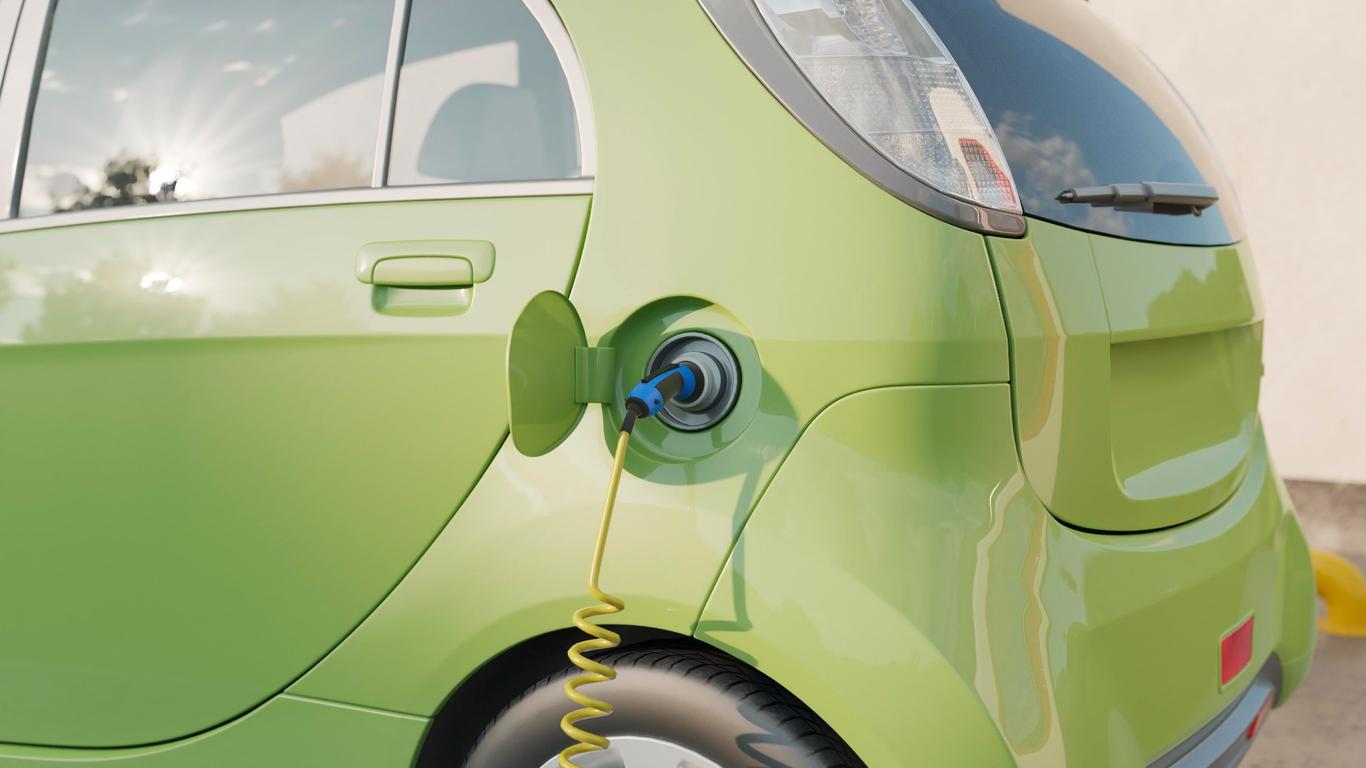
Final Thoughts: Which EV Charger You Should Choose
Choosing which EV charger is best for your home ultimately depends on your individual needs and home setup. While there’s no one-size-fits-all solution, you can narrow down your options by considering factors like charging speed, compatibility with your car, and smart features. If you have a longer daily commute, you might prefer a faster home EV charging point. On the other hand, if you’re more concerned with keeping costs low, a charger that works with your energy tariffs or integrates with solar power might be the right fit. Don’t forget to factor in your home’s electrical capacity, as upgrading your system may be necessary for some chargers.
Ultimately, the best home EV charger should offer long-term efficiency, ease of use, and cost-effectiveness. Consulting a professional installer is a great way to ensure you choose the right charger and that it’s properly set up. They can guide you on everything from the best charger for your vehicle to any electrical upgrades you might need. By making an informed decision, you’ll not only enjoy the convenience of electric vehicle home charging, but also ensure your charger serves you well for years to come, keeping your car charged and ready without hassle.

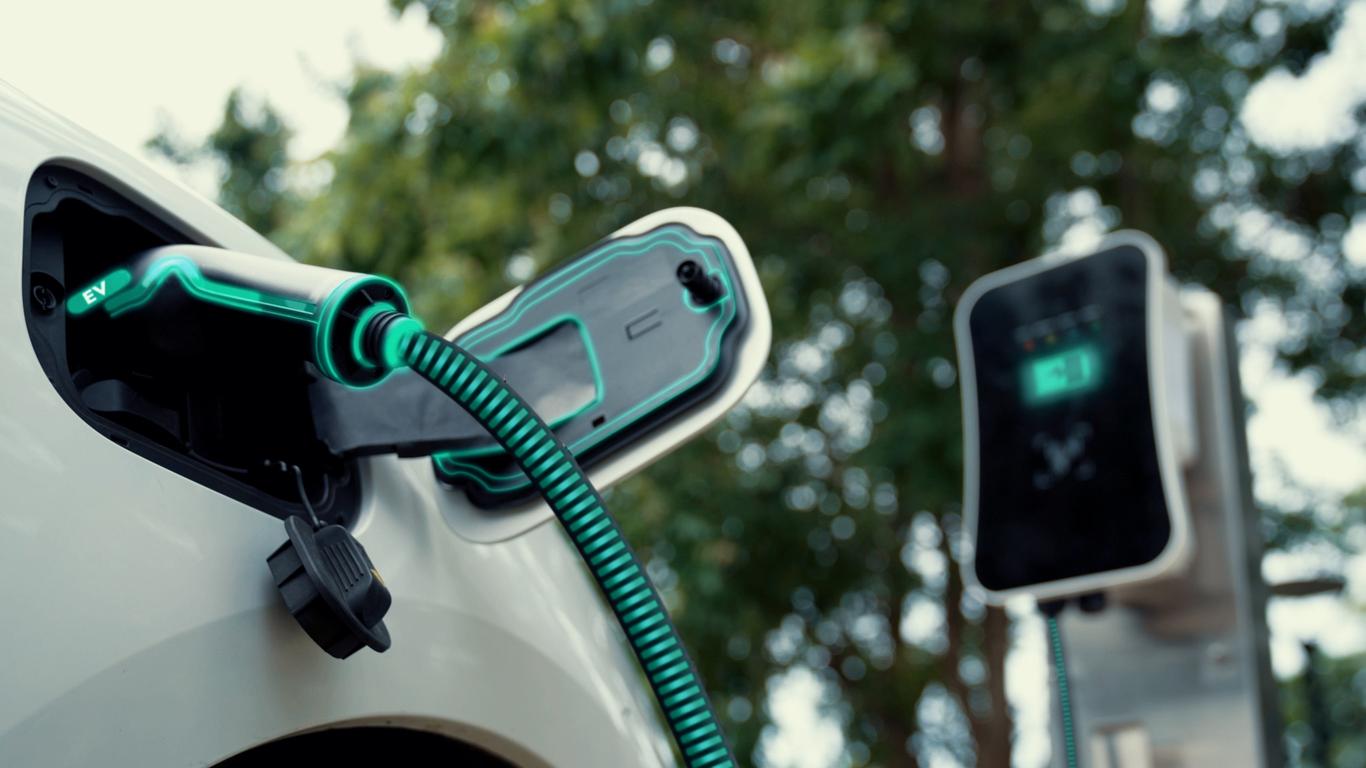


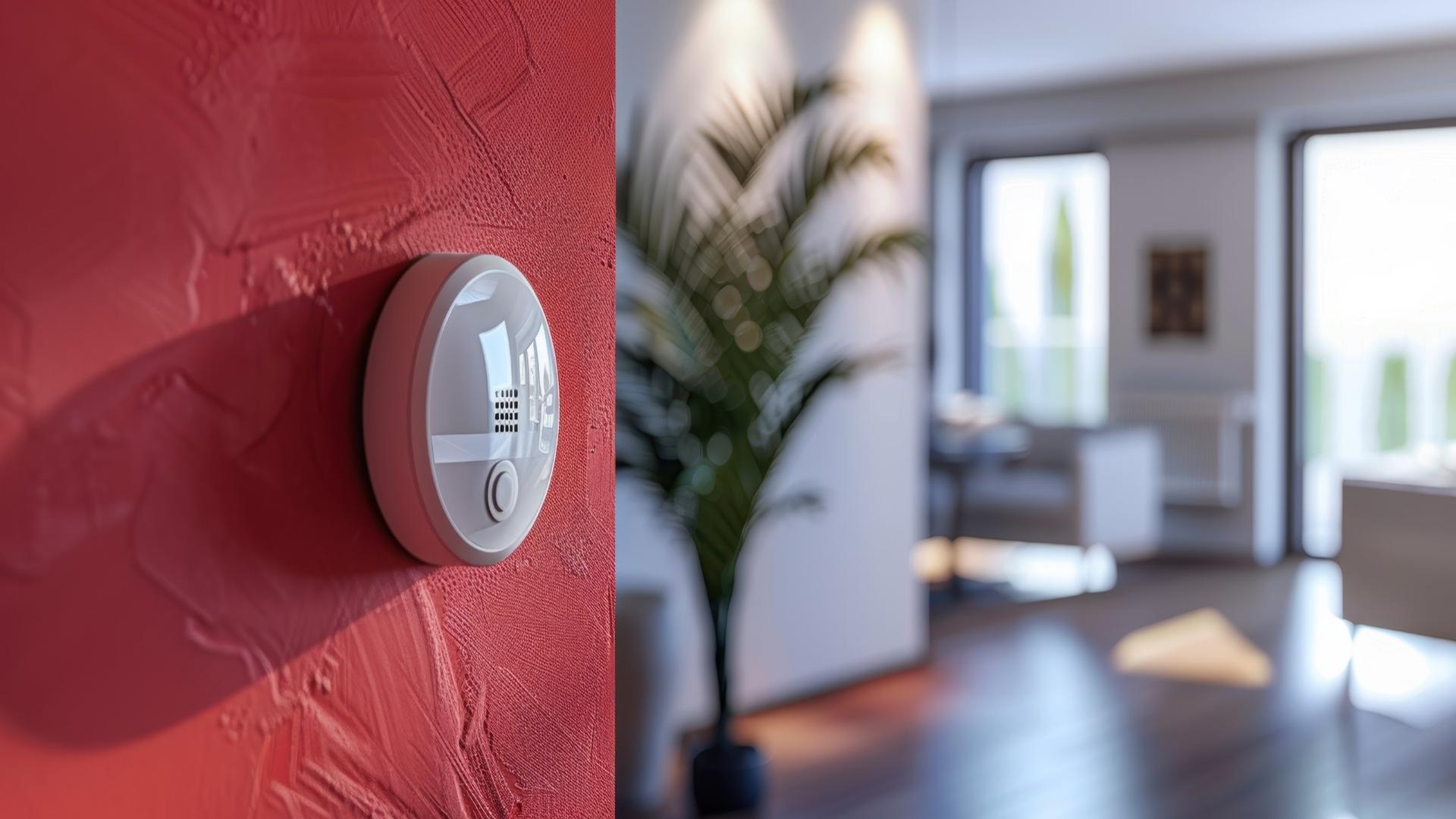


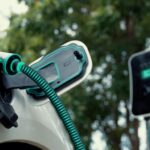


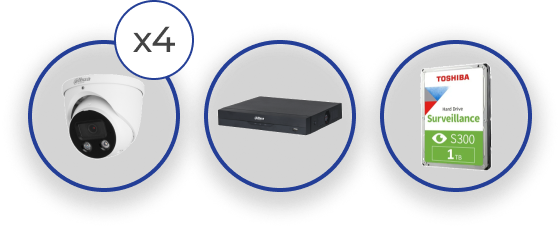

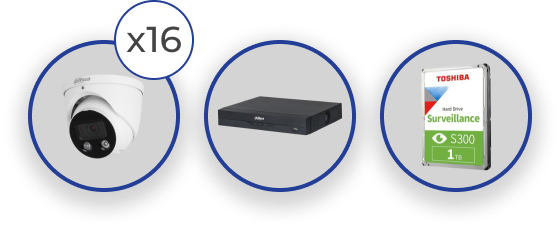
No comment